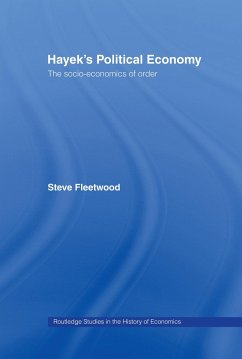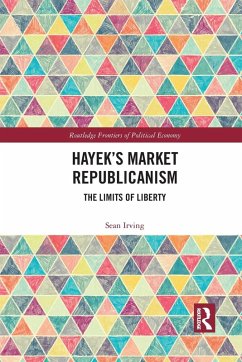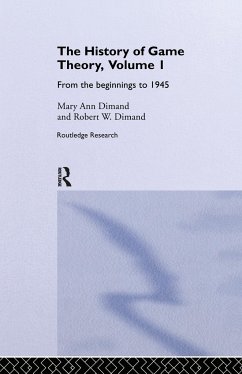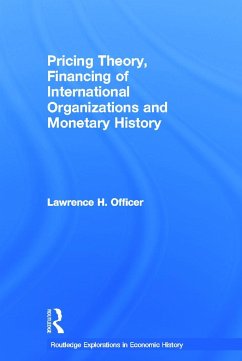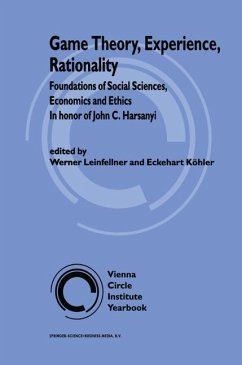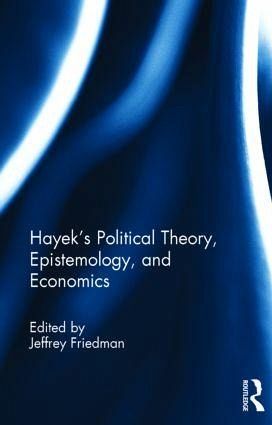
Hayek's Political Theory, Epistemology, and Economics
Versandkostenfrei!
Versandfertig in 1-2 Wochen
168,99 €
inkl. MwSt.
Weitere Ausgaben:

PAYBACK Punkte
84 °P sammeln!
Hayek thought that all economic behavior (and by implication other human behavior) is based on fallible interpretations of what information is important and of its implications for the future. This epistemological idea animated not only his heterodox economic thought, but his ideal of the rule of law; his road-to-serfdom thesis; and his critique of the notion of social justice. However, the epistemological idea is a protean one that Hayek did not always handle carefully. This volume presents one of the most sophisticated critical reflections on Hayek ever assembled between two covers. This boo...
Hayek thought that all economic behavior (and by implication other human behavior) is based on fallible interpretations of what information is important and of its implications for the future. This epistemological idea animated not only his heterodox economic thought, but his ideal of the rule of law; his road-to-serfdom thesis; and his critique of the notion of social justice. However, the epistemological idea is a protean one that Hayek did not always handle carefully. This volume presents one of the most sophisticated critical reflections on Hayek ever assembled between two covers. This book was originally published as a special issue of Critical Review.




